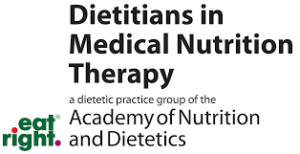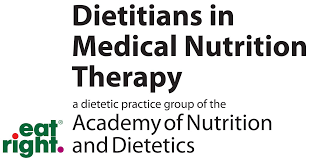What is fiber?
Fiber is the part of plants that resists digestion. Foods that contain fiber include fruits, vegetables, beans and legumes, grains, nuts, and seeds.
Why is fiber important?
Patients with inflammatory bowel disease (IBD) often avoid fruits and vegetables and other foods with fiber for fear of triggering symptoms. Consuming a wide variety of foods with fiber is important for your gut health. In fact, more fruits and vegetables can help:
- Improve constipation and diarrhea.
- Increase time between flares.
- Reduce risk of flares.
How to tolerate fiber
The type, amount and texture of fiber all play a role in how well it is tolerated. Adjusting how you consume fiber may be helpful when you have:
- Active inflammation
- Strictures (narrowing of intestine)
- Fistulas (abnormal connection between two body parts)
- Recent surgery
- Frequent and/or urgent loose stools
- Abdominal pain
- Abdominal cramping
Tips for including fiber in your diet
Type
Foods contain many different types of fiber. The two main types of fiber are soluble and insoluble fiber.
- Soluble fiber dissolves in water: Helps to bulk stool. It can be helpful if you’re having loose stools or diarrhea. Examples include foods such as bananas, oats, berries, potatoes without the skin.
- Insoluble fiber does not dissolve in water: Acts more like a broom in the colon. It can be helpful if you’re experiencing constipation. Examples of insoluble fiber include whole grains, raw nuts and seeds, fruits or vegetables with skin.
Texture
Texture of fiber is important to keep in mind when you have a lot of symptoms, fistulas, narrowing of your intestine (strictures) or have had recent surgery. It may help to increase the types of fiber that are well tolerated first. If you can handle those foods, then you can progress to foods with fiber that are harder to digest. Examples of foods with fiber that are usually well tolerated include:
- Fruits: bananas, applesauce or peeled apple, honeydew, fruit cooked into a compote or blended into a smoothie.
- Vegetables: cooked to fork tender — carrots, zucchini, potato or sweet potato without the skin, green beans, summer squash, and other vegetables that are well cooked, blended into a smoothie, or juiced.
- Beans and legumes: tofu, pureed beans such as hummus.
- Grains: white or sourdough bread, white rice, instant oatmeal, polenta, pasta or noodles.
- Nuts and seeds: peanut butter, almond butter, chia pudding, tahini.
Unless your health care provider told you otherwise, if you can tolerate fiber that’s harder to digest, you can add it into your diet. Some examples include:
- Fruits: apples with the skin, blueberries, cherries, and other fruits with a peel/skin.
- Vegetables: corn, peas, spinach, cabbage, sweet potatoes with the skin.
- Beans and legumes: all beans and legumes such as chickpeas, edamame, black beans.
- Grains: whole grains such as whole wheat bread, steel cut oats, quinoa, popcorn.
- Nuts: whole nuts and seeds such as raw flaxseeds, almonds, pine nuts.
Amount
To improve tolerance, slowly increase the amount of fiber in your diet. As you increase the amount of fiber in your diet, make sure to drink plenty of fluids. If you don’t have symptoms, such as urgent or frequent loose stools, bloating, or gas, you are likely tolerating the amount consumed.
Written by

Natalie Manitius, MPH, RDN
Reviewed by the DIGID Inflammatory Bowel Diseases workgroup ©2021




